Research projects: new directions

Innovation
is driven by research
New directions
Sometimes it is appropriate to go beyond the demands of the market and freely explore new directions accompanied by the brilliant minds that inhabit universities and research centres in Italy and abroad.
We have been involved in many different projects and areas: IoT platforms for the integration of heterogeneous devices and environmental control, systems for adaptive personalisation, algorithms for sentiment analysis, methods for measuring the level of uncertainty in a medical text, platforms for designing education in schools, and much more.
If you are a company thinking of setting up a research project and need a partner for digital solutions: contact us.
SoLoDTwIN - Solutions for the intermodal logistic chain of Trieste port through a Digital Twin
The SoLoDTwIN project aims to innovate the port system of the Gulf of Trieste through the creation of a digital twin. This tool will integrate real-time data from various sources, providing an updated and comprehensive view of port operations. By utilizing technologies such as real-time tracking and low-cost sensors, SoLoDTwIN will be able to optimize daily management, support long-term planning, and improve emergency response.
DEPIT - Educational Methodology and Application Software
FIELD AND PERIOD
ERASMUS+, duration 3 years: 2017 - 2020
PARTNER
University of Macerata (Lead Partner), Università Cattolica del Sacro Cuore of Milan, University College London, University of Seville, infoFactory.
RESEARCH ACTIVITIES
Development and implementation of a didactic methodology and application software (DEPIT APP) designed on the basis of the requirements and needs of teachers experimenting with the methodology, in order to make didactic planning a useful knowledge-tool both for teachers in the general and daily planning of their classroom work, and for students to have a clear overview of their learning pathway.
The complexity of the present contexts, marked by the paradigm of mobility, requires a flexible tool, modifiable in the situation, on the basis of the continuous adjustments and revisions that occur during the teaching action, and the necessary restructuring when reflecting, a posteriori, on the action itself.
The App allows didactics to be designed visually via a Graphic Organiser (a graphical structure), which can be displayed on the interactive whiteboard and can be used and edited in the classroom.
RESULTS
An interactive application was developed for Windows, MacOS, Linux, iOS and Android. The application makes it possible to design teaching and support classroom activities also with the active participation of students if they have a PC or Tablet or an interactive whiteboard. Currently, the system has been used by about 330 schools and more than 1000 teachers who have created more than 7000 maps of learning paths for different disciplines.
LINK
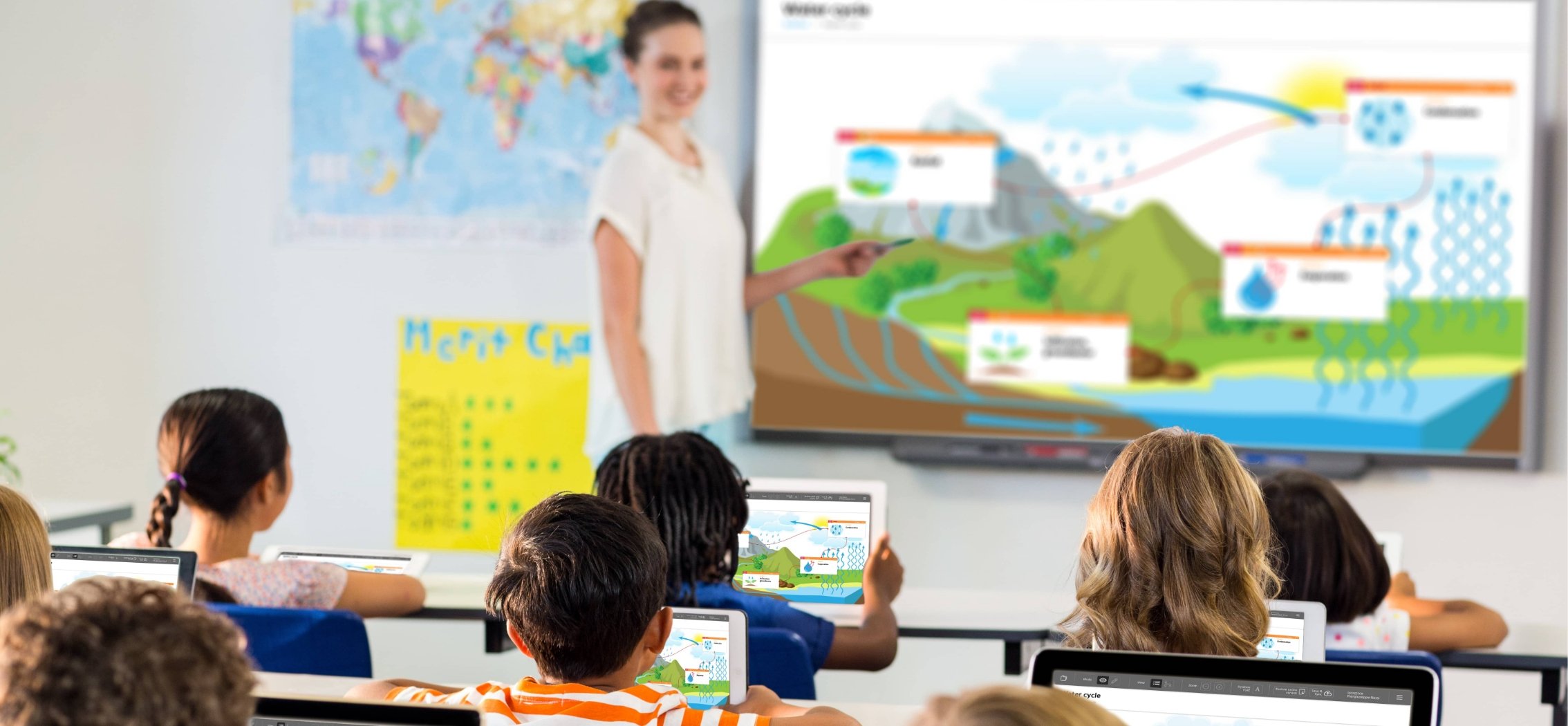
Città Educante Project.
(2014-2017)
infoFACTORY is a partner of the Educating City project, aimed at innovating the school learning environment through the introduction and application of specific information technologies. Educating City wants to propose new educational approaches, enriching and innovating methods and tools, overcoming the classical systems and the traditional role of educators. It envisages continuous education in time (life-long learning) and space (school, outdoor environments, leisure time).
Smart Energy. Network of Excellence
(2012-2014)
The University of Udine was a partner in the Interreg IV Italy-Austria Research Project, in which a network of excellence consisting of experts, companies and research centres operating in eight different alternative energy sectors was studied, designed and implemented. Web Intelligence systems were used to analyse online information and build a map of competences related to the scientific fields dealt with in the project and referred to the geographical areas of Interreg Italy-Austria.

Smart resource-aware multi-sensor network
(2010-2012)

infoFACTORY participated in the Interreg IV Italy-Austria Research Project in which the Smart Resource-Aware Multi-Sensor Network for the identification of particular events in a nature park (Hohe Tauern National Park) was studied, designed and implemented. Events (such as the presence, movements and behaviour of a group of visitors, the behaviour of an animal or the presence of a dangerous situation) are identified visually by intelligent cameras equipped with computer vision algorithms. The different events identified in the footage are subsequently described semantically through appropriate ontologies and stored in an XML archive. The search functions in the archive for specific parts of the footage corresponding to certain events are supported by the descriptive structure of the ontologies.
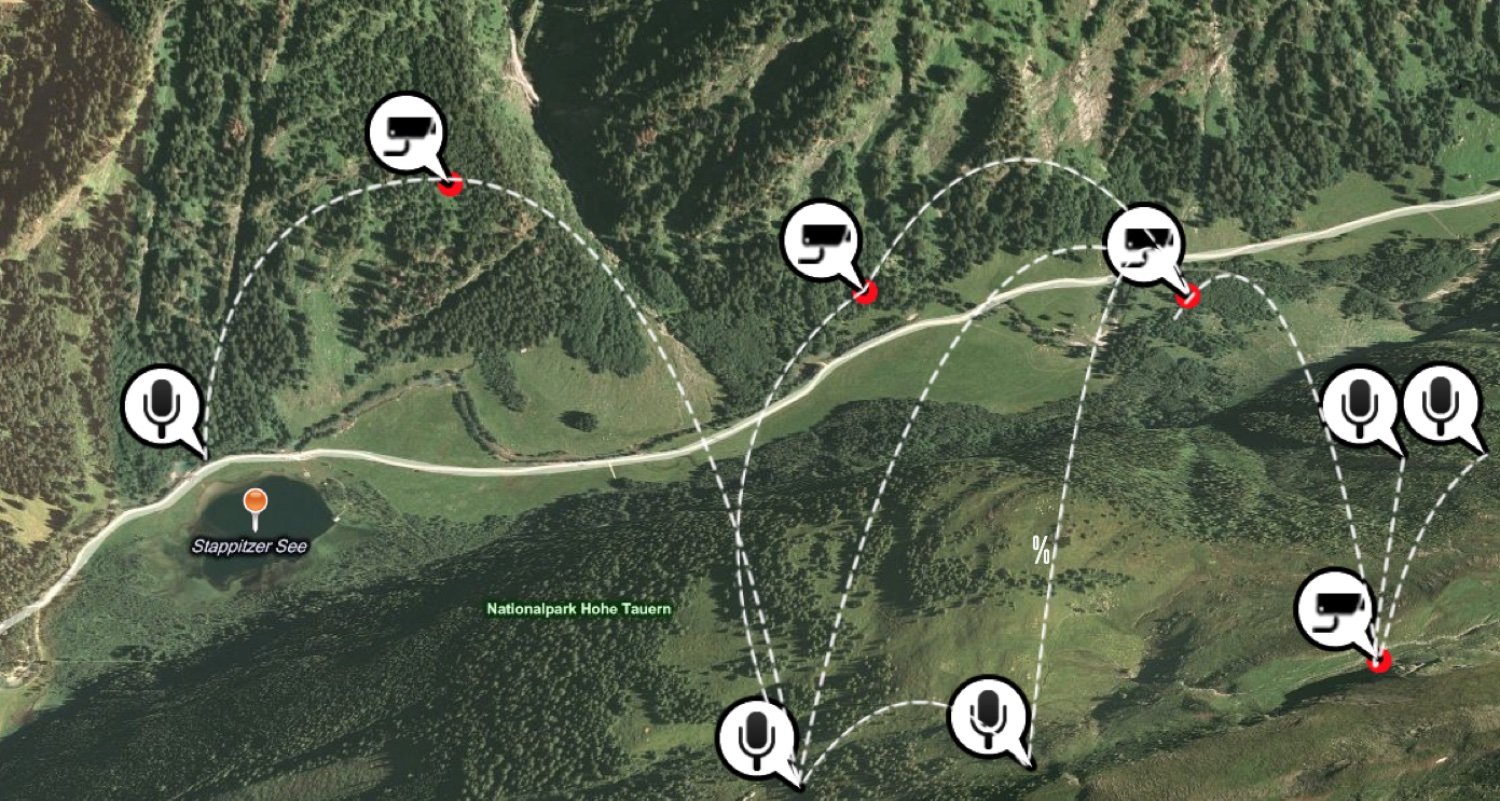
SWEETHANOL.
(2010-2012)

Diffusion of a Sutainable EU model to produce 1st generation ethanol from sweet sorghum in decentralised plants.infoFACTORY participated as a subcontractor in the research project within the Intelligent Energy Europe II (IEE-II) Programme for the realisation of a European supply chain for the exploitation of sugar sorghum to obtain biofuel. Online information retrieval and semantic analysis techniques and Knowledge Management 2.0 tools developed by infoFACTORY and the Artificial Intelligence Laboratory of the University of Udine were studied and used for an intelligent online scouting activity and knowledge synthesis related to the entire supply chain. In detail, infoFACTORY dealt with the identification of best practices, technologies, processes, experts, lines of scientific research, leading companies in the sector and the most discussed topics. An online community was also set up to support the creation of a European network of experts and a supply chain.
infoBC.
(2009-2010)

The University of Udine was a partner in the Research Project Informatics and Web for Cultural Heritage: innovative mobile and 3D services for Cultural Tourism, financed by the FVG Region (L.R. 26/2005 art. 23). The general objective of the project was the creation of a Territorial Information System aimed at increasing the tourist offer, promoting the development of culture, knowledge of the artistic heritage and of the regional territory at local, national and international level.
In particular, the project involved the realisation of a web solution designed as an "open system" with:
ability to customise results based on user profiles;
the opportunity to provide visitors to museums, archaeological sites and historical and artistic heritage scattered throughout the territory with localised and contextualised information via their mobile devices (mobile phones, smartphones and PDAs);
ability to use integrated laser scanning/photogrammetric and topographical systems for the survey of monuments and the realisation of photorealistic and interactive 3D models, which allow for in-depth virtual tours in space and time;
integration of Web 2.0 systems for active user participation in content evaluation, creation and exchange of thematic tracks, creation of new content.
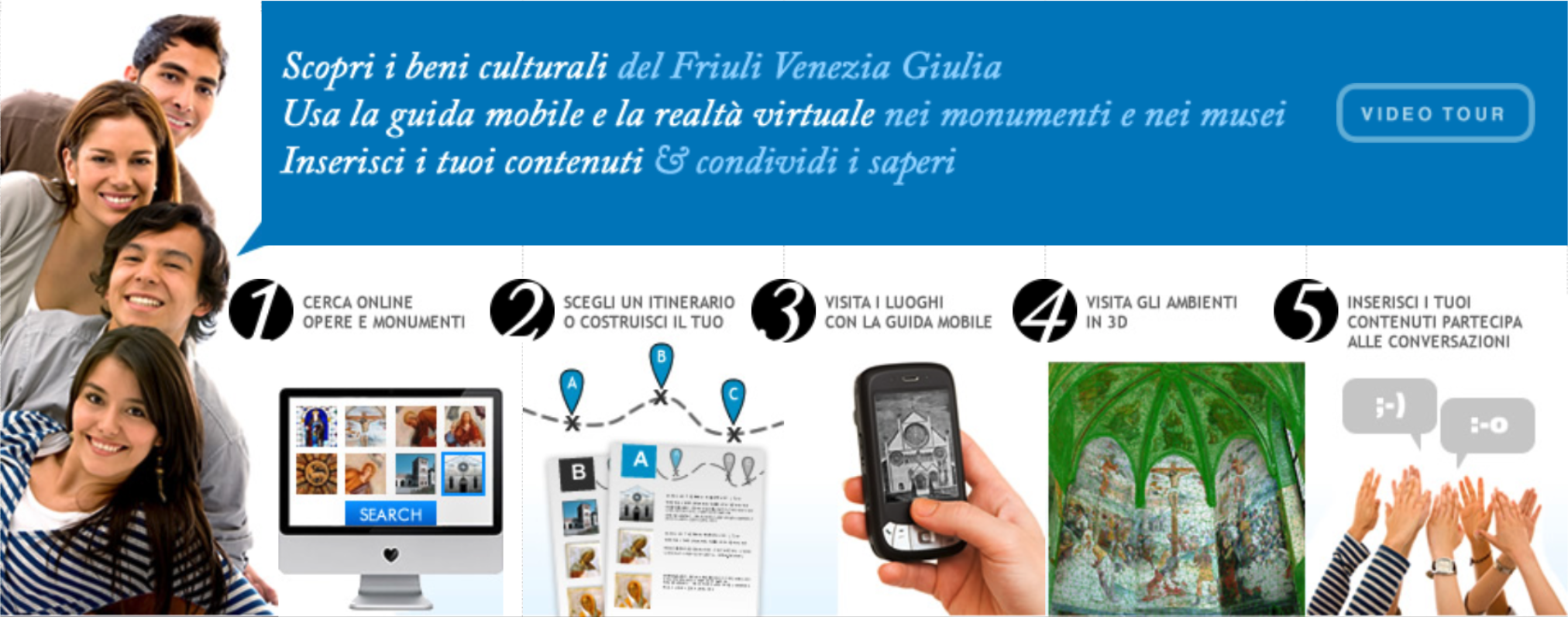
TRI-ICT.
(2008-2011)

The University of Udine was a partner in the Interreg IV Italy-Austria Research Project for the study of the ICT needs of Lead Users in the E-Health, Home Automation and Smart City, Renewable Energy, Tourism, Transport & Logistic sectors. The project was aimed at:
identify market trends and opportunities for cross-border cooperation between lead users to support SME partnerships.
increase awareness, networking opportunities and communication between the actors of the interregional ecosystem in the ICT target sectors through the sharing of successful methods and tools, workflow management standards, web portals, networks, databases, templates, etc.
testing and innovating support services for SMEs through the training of trainers.
develop policy proposals, initiatives and joint action plans to accelerate innovation and increase competitiveness in the Programme area by supporting the integration of SMEs into research clusters and making them aware of the potential benefits of research, networking and advanced training.
Home automation FVG.
(2011)

The Artificial Intelligence Laboratory of the Department of Mathematics and Informatics of the University of Udine was involved by Area Science Park TS in a research assignment for the study, design and implementation of a software platform for the integration of heterogeneous domotic technologies. The research activities focused in particular on:
1. the literature review on home automation technologies and software platforms;
2. the development of an original software architecture;
3. the definition of a new language for modelling environments and controlling devices;
4. the development of a reasoner to allow the environment to react intelligently to certain conditions signalled by the sensors;
5. a set of gateways for communication with devices based on heterogeneous communication technologies.
6. The prototype integrated home automation technologies of CRS/VIMAR and VIDEOSYSTEM cameras equipped with artificial vision systems for the recognition of specific events.
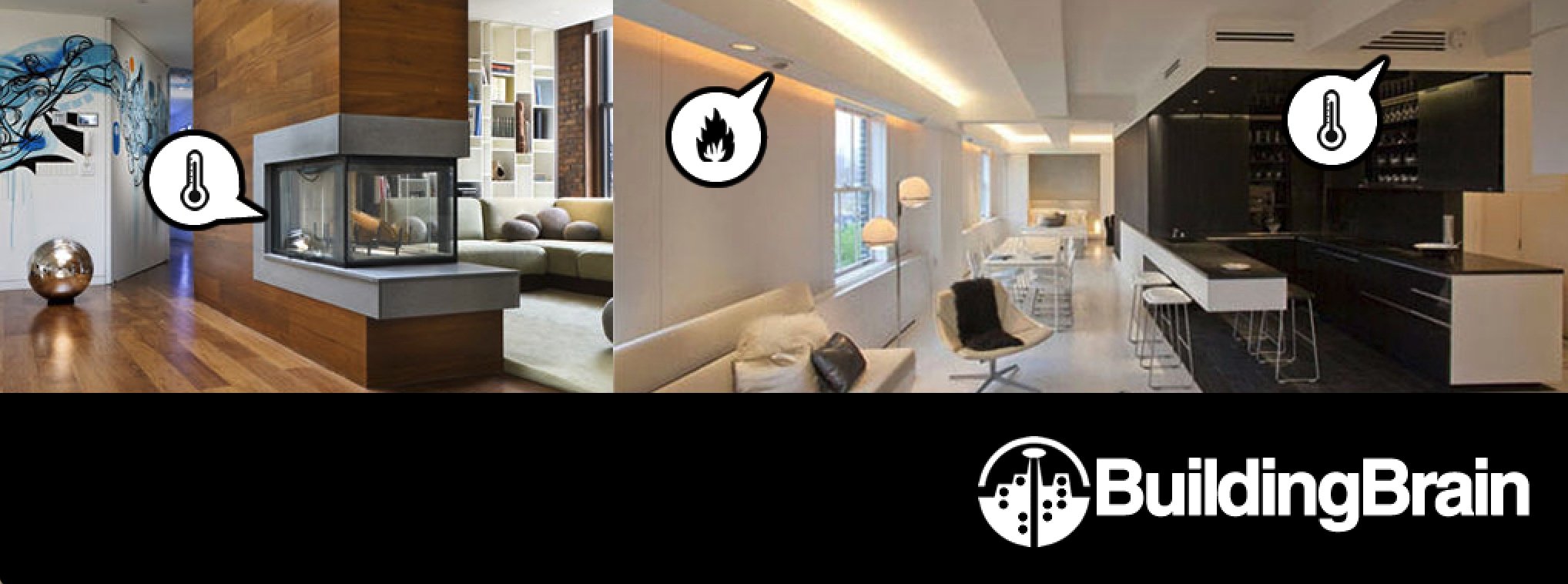
Open WaterBike.
(2008)

Research project of the Laboratory of Management Engineering (Dip.to of Electrical, Management and Mechanical Engineering - University of Udine) for the use of Web technologies in order to realise new online software tools to manage a community of users participating in new innovation processes and co-creation of a specific product according to the principles of Open Innovation.
Equal IT-G2-FRI-009/2 (Equal II fase – Mobility and Knowledge – Action 2).
(2006-2008)

Research Project in which the University of Udine designed and implemented a meta-search engine capable of (i) monitoring specific Web sites containing information on the regional educational offer, (ii) extracting specific information by means of Web Screen Scraping and Information Extraction techniques, (iii) analysing the unstructured information, (iv) structuring it in a specific database in order to provide an effective search service.
ICT for EU-India Cross Cultural Dissemination.
(2004)

The University of Udine participated as a partner in the research project under the EU-India Economic Cross Cultural Programme. The project was aimed at building networks for developing collaborations between universities, Research Centers and SMEs/SMEs in the European Community and India. As part of the project, E-Dvara (E-Contents Platform for Heritage and Science) was designed and developed, a software platform for the archiving of historical and artistic material characterised by a strong ability to customise data storage structures and to present archived digital material in a personalised way also through virtual museums in 3 dimensions and using mobile devices.
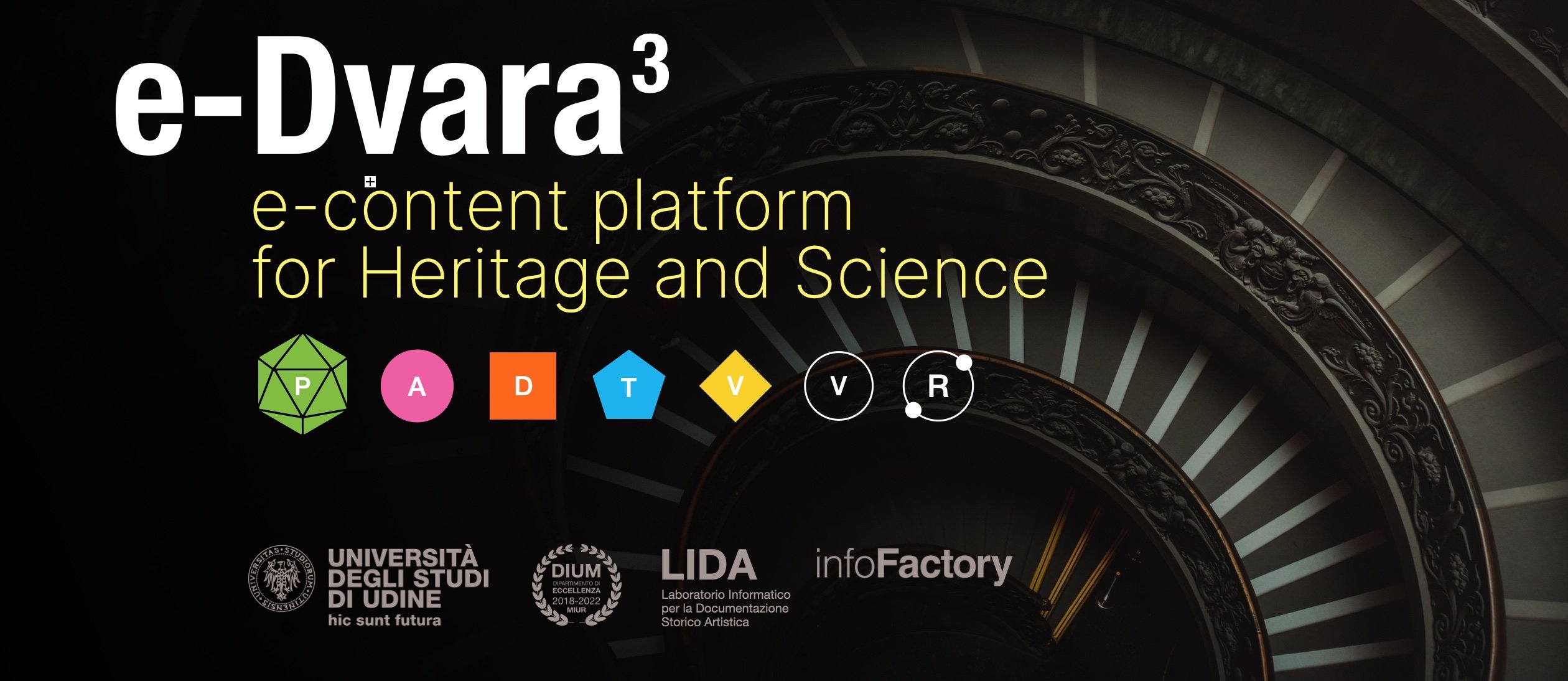
INDICO: Integrated Digital Conference.
(2003-2004)

The University of Udine was a partner in the Research Project within the scope of the 5th EU Framework Programme FP5-IST. The project concerned the study and prototype realisation of a software system for conference management. Specifically, the system is capable of capturing multimedia material and converting what is captured by audio (a speaker's speech) and video (the filming of the slides presented) sensors into text. The multimedia material is synchronised with the resulting text. Text analysis systems of the Artificial Intelligence Laboratory of the University of Udine enable natural language queries and obtain the part of the movie related to the requested topic.
MACSI-NET, Mathematics, Computing, Simulation for Industry.
(2002)

The University of Udine was a partner in the Research Project within the EU-5FP-IST 5th Framework Programme. MACSI-net, is a European Community network of excellence aimed at promoting the use of mathematical and computational models and simulation in the industrial sector. Within the project, the research group of the Artificial Intelligence Laboratory of the University of Udine developed ifEXPERT, a conceptual text analysis and automatic match making system capable of
1. analyse the CV, metadata, web pages describing the competences of each expert belonging to the Network of Excellence;
2. construct a semantic network describing the identified competences;
3. analysing with natural language text describing specific industry problems;
4. perform automatic match making to identify the experts capable of tackling the problem
TIPS.
Tools for Innovative Publishing in Science
(2001-2002)

The University of Udine was a partner in the Research Project under the EU 5th Framework Programme FP5-IST. The project concerned the design and evaluation of systems for the Personalisation of Web Content for electronic publishing.



